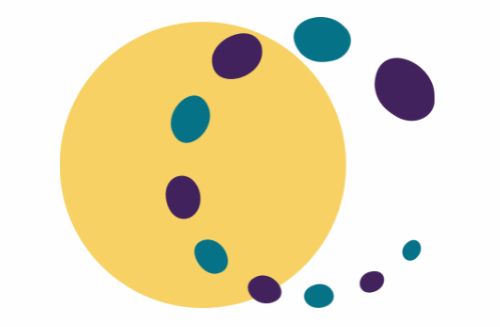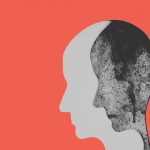Author: Atul Gawande
Living and Dying: these are difficult conversations to have, but ones that needs to be had nevertheless. In his book “Being Mortal: Medicine and What Matters in the End”, Atul Gawande tackles difficult topics like healthcare decisions and mortality with frankness that gives readers far more than just an understanding of ageing — it offers valuable insights into living a good life and having a good death.
Through engaging real-life stories, compelling medical data, and fascinating stories from patients and medical professionals alike, Dr. Gawande creates a thought-provoking journey through death and dying for Gen Xers both as caregivers for their elderly relatives as well as recipients of care.
Dive deep into this book review where we take a closer look at why “Being Mortal” is such an important piece of reading for anyone looking to understand what it means to truly live each day intentionally up until the very end!
Introducing Atul Gawande and the book’s premise.
Dr. Atul Gawande explains that, as a medical student, he was never really taught to help patients cope with death—only how to save lives. He writes that while medicine allows people to live longer and better, it turns ageing and death into medical processes. Gawande aims to explore how the experience of ageing and dying has changed, and how it might be improved.
Examining the importance of approaching end-of-life decisions with a patient-first attitude
When it comes to end-of-life decisions, it is crucial to approach the process with a patient-first attitude. This means taking the time to really listen to and understand the patient’s wishes and values, and using that information to guide decision-making. It also means involving the patient in the decision-making process as much as possible, so that they feel empowered and in control of their own care.
This approach is not only respectful and compassionate, but also has been shown to lead to better outcomes for patients and their families. Whether it involves choosing between different treatment options or deciding on palliative care, putting the patient at the centre of the decision-making process can ensure that all decisions are made with their best interests in mind.
Exploring the implications of modern medicine on our ability to extend life
Modern medicine has certainly revolutionised our ability to live longer. Thanks to advancements made in fields such as pharmacology, surgery, and genetics, we are now living in an age where it’s not uncommon for people to live well into their 80s, 90s, and beyond. While this is certainly something to be celebrated, it’s worth considering the implications of modern medicine on our ability to extend life. For example, how do we balance an extended life (lifespan) with a quality of life or healthspan.
Discussing how mortality affects our approach to medical care.
The notion of mortality can be an uncomfortable thought, but it is essential to consider when approaching medical care. In today’s world, we often focus on keeping people alive at all costs, but this approach may be misguided. The book suggests that it is crucial to consider the quality of life and healthspan instead of merely prolonging it. Indeed, treatments that extend life may not always provide a better quality of life for patients. In the end, weighing the benefits and risks of a particular treatment is critical to ensure that the approach is tailored to the individual’s unique situation.
Analysing how Gawande’s work is relevant to contemporary medical practices.
As we delve into the world of modern medicine, it’s important to evaluate how we handle death and dying. Atul Gawande’s work has proven to be a powerful tool in this regard, helping us to analyse and assess our current practices. By examining real-life case studies and sharing his own experiences as a surgeon, Gawande prompts us to ask tough questions about our approach to end-of-life care. He challenges us to consider the ways in which we can better support patients and their families, such as how we can better support older people when they can no longer live in their own homes.
In Gawande’s thought-provoking book, Being Mortal, we are challenged to think about end-of-life decisions in a patient-first approach, explore the implications of modern medicine on our ability to extend life, and understand how mortality affects our approach to medical care. Ultimately his work encourages us to approach each situation from a place of empathy and understanding.
So, if you’re looking for some inspiration or just something interesting to read during this unprecedented time, read this book. Learn from these lessons.
Highly recommended




 Dad and his Lack of a Funeral Plan
Dad and his Lack of a Funeral Plan  The Briefing: Options for Celebrating a Life
The Briefing: Options for Celebrating a Life  MyGoodbyes Let’s Talk Death: Evie King
MyGoodbyes Let’s Talk Death: Evie King  Loneliness is more dangerous than smoking 15 cigarettes a day. But a wave and nod can help.
Loneliness is more dangerous than smoking 15 cigarettes a day. But a wave and nod can help.  Kathryn Mannix: Why we should talk about death
Kathryn Mannix: Why we should talk about death  When Conflict Arises During End of Life Planning
When Conflict Arises During End of Life Planning  A MGB host can be the life (and death) of the party
A MGB host can be the life (and death) of the party  The Importance of End-of-life Planning in September
The Importance of End-of-life Planning in September